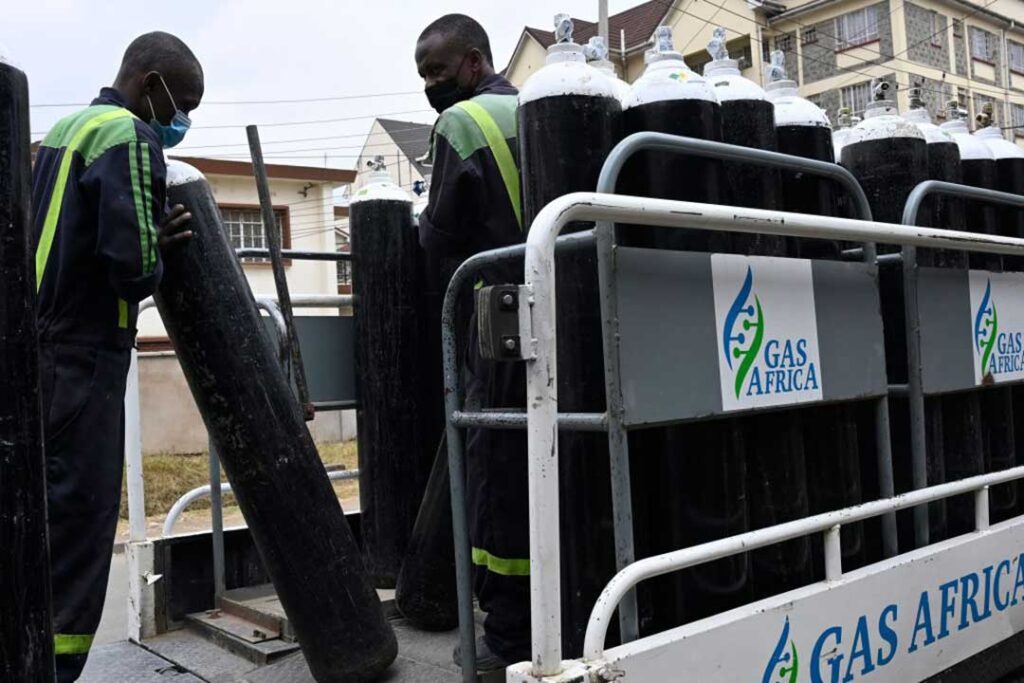ADF STAFF
With the worst of Africa’s omicron wave retreating, the continent’s public health experts urge nations to take the opportunity to get ready for the next wave of COVID-19.
“We may be tired, but the virus is not tired,” Dr. John Nkengasong, director of the Africa Centres for Disease Control and Prevention (Africa CDC) said recently. “There will be a next wave — let there be no doubt about it.”
New COVID-19 cases and deaths have dropped sharply since the omicron wave peaked around the beginning of this year. Over the course of February, new cases fell 25% across Africa, and deaths were down by 22%, according to Nkengasong.
As of March 11, the Africa CDC reported 251,000 deaths from COVID-19 on the continent. Research into Africa’s excess-deaths count suggests the actual total may be about three times that.
Case positivity remains high — averaging 11% continentwide, though some countries such as Kenya and South Africa have seen their positivity numbers reach 5% or less. A positivity rate below 5% is the point at which the World Health Organization recommends relaxing social restrictions designed to stop the spread of the virus.
“With the virus circulating at such an intense level, we are worried about the continued virus evolution. This virus is evolving still,” epidemiologist Maria Van Kerkhove of the World Health Organization said during a recent briefing.
As with previous waves, the next wave of infections will be driven by a new variant, according to researchers. What that variant will be and how it will behave remains uncertain.
“Between the waves, we have roughly around three months where the infections are fairly low,” South African epidemiologist Salim Abdool Karim told Jacaranda FM radio. “We’ve got to use that time to prepare for the next wave.”
That means rebuilding stocks of medical oxygen, adding more intensive care beds, providing antiviral medications, and investing more money in national health care systems, experts said.
“So many people have lost their lives. So many people have lost their livelihoods,” Van Kerkhove said. “Let’s honor them by making sure that we invest, and we enhance those systems now. There’s just no excuse.”
Testing remains a crucial part of preparing for the next wave, experts said. Widespread testing can warn countries about potentially harmful new variants and give them time to build their defenses.
Africa’s testing capacity and participation have varied greatly over the course of the pandemic. In his March 10 briefing, Nkengasong said testing was up 18% from the week before.
Increasing immunity — both natural and acquired — could blunt the impact of a new variant, but there’s no guarantee that a new variant will be held in check completely, according to Karim. Omicron, delta and other major variants all showed they were able to overcome certain levels of immunity.
“That is the uncertainty we have to work with in this pandemic,” Karim said.

